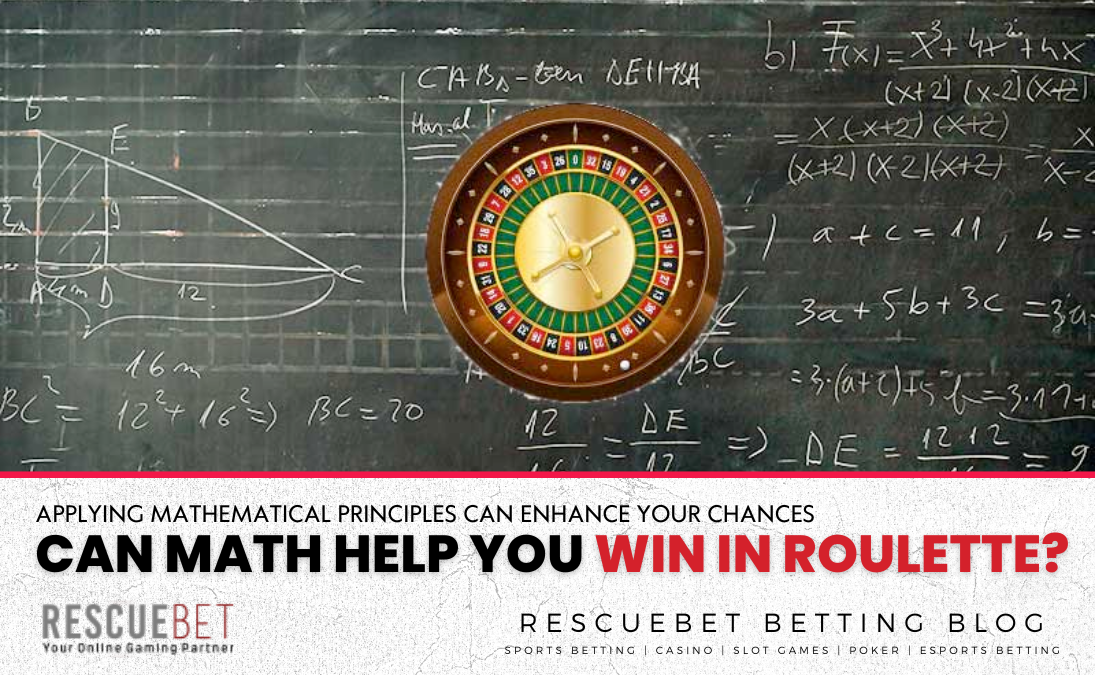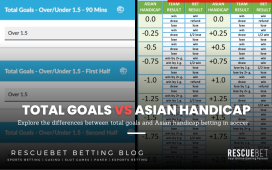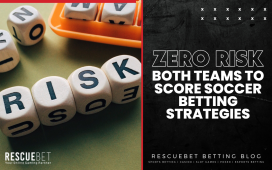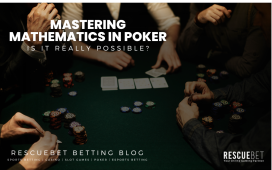Math is a vital subject in school because it is a building block of several professions and life. Math is used in trading, building rockets, building houses, making medicines, sports events, and studying the economy. Individuals with an upper edge in math have an advantage over people who don’t know math. Even today, it is one of the main branches of studies in college as a part of STEM and finance courses. Each branch of math deals with different properties of numbers or variables.
Luck, Skill Or Both
An essential component of casino and betting games is the element of skill or luck-based games. A game can be classified into three categories: luck-based, skill-based, and a combination of luck and skill. Luck-based games enable punters to win wagers based on chance only, which means math may not help you win that wager. Some examples of bets based entirely on luck, where a punter has little to no influence on the game’s outcome, include different types of slot games.
Skill-based games are in which a punter can affect the outcome of the bet. For example, a punter can affect the result of a wager in a poker game by bluffing about the cards they have, or the punter can fold, making poker a skill-based game. While most games have elements of luck and skill, games that lean more towards one side are classified into luck-based or skill-based.
An example of skill and a luck-based game includes blackjack and roulette. An individual can be skilled at blackjack and make all the right calls on when to hit or stand or double. However, luck also determines the winner in a game of 21. Blackjack leans more towards skill-based and lesser towards luck-based but has elements of both. On the other hand, roulette depends more on luck and less on skill. However, punters can use math to help win more when playing roulette and online roulette.
Math In Betting
Math is an essential component in making wagers. Punters need to understand how to use math when making a wager, when to use it, and the most efficient way of making a wager. A punter should use math when betting because it makes the stake more accurate, gives a punter more confidence in a gamble, and has the edge over other punters.
For example, a punter can use statistical analysis, F-tests, T-tests, and Z-tests to test past performances of sports teams and results to make predictions on future versions. Alternatively, a punter can use probability and estimation when making wagers on roulette games. Punters can utilize different platforms such as R, Rstudio, Excel, Google Sheets, and Python to implement math-based betting strategies.
Math In Roulette
Some of the ways punters can utilize math in roulette include:
1. The Present Is Independent Of The Past
In any spin of roulette, each spin is independent of the past results on that table. A loss in the current round does not signify a win in the next game, and even five correctly predicted consecutive spins do not represent the trend that will continue into the next round. Each spin on a roulette table is an independent event, and at the start of each spin, a punter should reset their odds or calculations. Other betting events where the future event depends on the past include football wagers, boxing wagers, poker wagers, etc.
2. The Number Of Slots
Different slot games have other slots, meaning punters have different probabilities of winning. American roulette has two 0s on the table, giving a punter a slightly lower edge versus European roulette with a zero on the table. The house edge can impact how much profit a punter makes when making wagers in the long run.
3. Even Odds
Even odd wages are wagers on even-odd outcomes in a game of roulette. An even-odd bet has a 50-50 chance of happening. However, the chances are slightly under 50-50 on either outcome due to the house edge. Examples of even-odd wagers include wagers on red or black, wagers on high or low numbers, or bets on odd or even numbers.
























